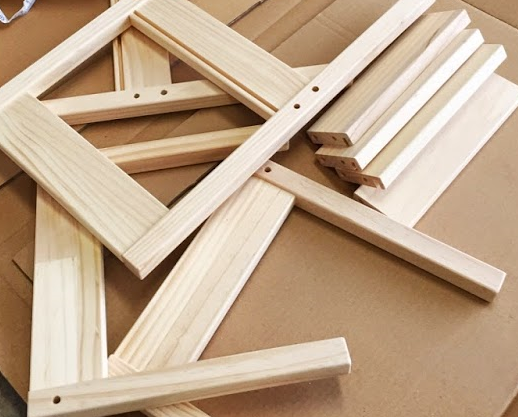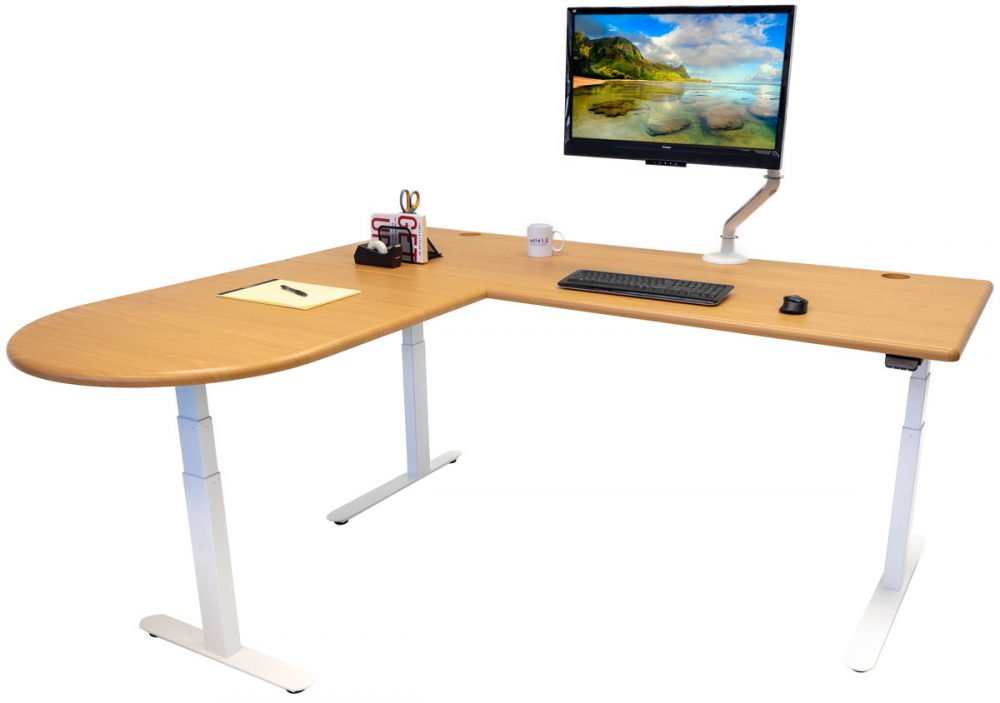Have you ever told or heard one of the following or similar arguments against mathematics?
- Is anyone ever going to use mathematics for something practical?
- I am not interested in engineering, what is the point of taking mathematics?
- Why do I need to memorize all these steps? Can’t you just tell me the formulas I need?
- X person already finished college and she tells me she has never used any of the math she learned in college.

We will concede to some extent the last point. It is unlikely that most people will find themselves solving differential equations, calculating the volume of three-dimensional shapes using triple integrals, optimizing the material needed to build a fence in a backyard using derivatives, or any other fancy mathematics technique taught in a typical mathematics class. Are we saying that we agree that mathematics classes are not very useful? The answer to this question is a resounding NO. And to be very honest we are tired of hearing these arguments. However, instead of slapping the next person who asks us those types of questions, we decided doing something better: telling people what mathematics really is and why it matters so much. After all, we strongly believe that there are a lot, and we truly mean a lot, of people who would really enjoy mathematics but they don’t know that.
Alright, what is mathematics? Let us answer this question by responding to a slightly different one: what does a mathematician do? Do they memorize formulas? No. Do they do crazy arithmetic operations mentally? No, calculators were created for a reason. Do they play with random formulas until they find something that works? No. Okay, so far, we know what a mathematician does not do, but if you want to know what they do, without further ado, the answer to this question is:
A mathematician proves theorems!
Alright, this might seem disappointing, but let us elaborate in practical terms what this means. Imagine one day you were swamped with work, the deadline for this work is the following day, and you are really trying to focus, but you need a little motivation. What better way to motivate oneself than playing your favorite playlist in the background? Yes, that never fails. Grab your phone, select playlist, adjust volume, everything is going by the book, then something about that ugly web browser icon bothers you. You have been working for 15 solid minutes, you earned a break, and after all, the deadline is until the following day and 5 minutes of browsing the web has not killed anyone. Three hours later, you find yourself looking up videos about Italian recipes. Right when the chef is going to show how to make that irresistible tomato sauce, an annoying ad starts; you can’t wait for it to finish. In an attempt to skip the ad, you click somewhere in it and another tab opens. You are directed to a furniture manufacturer website. Hey! Look at those cool, techy desks, they look better than the one you have. Ok, how much does the one they advertise cost? Really? That’s way out of your league, you just can’t afford it unless you save all your income for the next five years. But there has to be something decent that fits your budget. There has to be, those manufacturers surely want your money, and if they do, they have to have something that you can afford. Hey, look at that desk, it is not as big and shiny as the one you like, but you can afford it. Why not, after all, money is meant to spend it. After five hours of browsing the web, you end up making no progress whatsoever on your work, with a new desk you don’t really need, and no money for the next 2 months.

One week later your shiny new desk arrives, but it does not look like what you saw on the webpage. You got a thin box with a bunch of pieces and the instructions to assemble it. You waste no time; you immediately open the box and start to assemble it. Fast forward six hours, the desk is assembled and it looks exactly as in the webpage! Who would think that bunch of wood pieces could be somehow put together to build such a nice desk!
At this point you might be thinking we already lost track of what we were writing about. But no – there is a moral to this story. We wanted to explain what a mathematician does, which is proving theorems. So, where does all the fluff about the desk fit into what a theorem is? Let us put it in this example.
Theorem: Let a box contain a bunch of wood pieces, screws, and some tools. Those pieces can be put together to build a shiny desk.
Proof: Read the included instructions.
Of course, the proof would contain the actual instructions on how to build the desk. In case there is still some confusion on what a theorem is, a theorem makes a statement that does not seem obvious – like building a desk out of a bunch of pieces. The proof shows the steps of how one arrives at the conclusion of the claimed statement, like showing how to position the pieces and how to tighten the screws to build a desk.
Is it still disappointing? Okay, how about this? Mathematics is like solving puzzles, building legos, or playing strategy games. In reality that’s what mathematics is. But what about the formulas? The steps we all have been told we need to memorize and follow to solve a particular problem? Well, those are just practical applications of mathematics. For instance, to keep your shiny brand-new desk in good condition, you need to regularly clean it, keep it uncluttered, be careful to not scratch it, etc. Then one can use the desk to do homework, work, write, etc. Those are all practical applications of a desk, but that’s not how the desk was built. Nowadays, we are only taught how to use mathematics, but not how to do mathematics. This is something we regret since many students underappreciate mathematics because they don’t experience the joy of putting pieces together to build mathematical results. When one is just taught to use formulas, one is only using what other people came up with – just using desks.

Alright, you now have a better picture of what mathematics is and still you don’t find it appealing. Why bother doing it? As we mentioned at the very beginning, we might concede that very few people will use mathematics for a living, but who wouldn’t benefit from better problem-solving skills? One day you wake up in a Handy Manny mood and decide to fix the closet door that has been broken since the day you used it to bounce off it to practice your parkour skills. You look up a YouTube video to fix closet doors and realize the dude in the video has a couple of tools you don’t have and can’t afford to buy because you already bought a desk you didn’t need. Aha! But you do have other tools that are a bit similar, you just need to figure out a couple of tweaks to get them to do what the tools in the video do. This is problem-solving at its best. When you need to do something that you know how to do, but you are missing something, you need to find a way to fill in the gaps and come up with an alternative solution. This is problem-solving as well. Problem-solving skills are not exclusive to mathematics, computer science, or engineering. Problem solving skills can be applied literally everywhere, to do mathematics, to do programming, to build electrical circuits, to do medicine, to run a business, to manage a store, to change a flat tire, literally everywhere. As with every skill, problem-solving is enhanced by practicing it, and mathematics, real mathematics, is an outstanding tool to practice problem-solving.
Next time you need to work on mathematics, the key is understanding the concepts, not memorizing. Roll up your sleeves and get your hands dirty. It is possible you will like and enjoy mathematics more than what you imagine!
